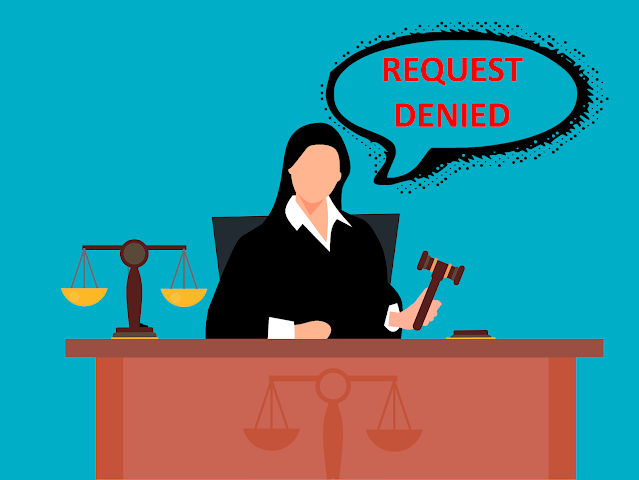FTC Loses Motion for Preliminary Injunction Against Microsoft's Acquisition of Activision-Blizzard
The Federal Trade Commission (FTC) has lost its motion for a preliminary injunction to halt Microsoft's acquisition of Activision-Blizzard. The case involved presentations from both parties over a span of five days, with the federal judge tasked with deciding whether to grant the FTC's request for an emergency injunction to prevent the deal from closing. While the FTC still has the option to file an appeal with the federal appellate court, it remains to be seen whether they will pursue that route or drop the lawsuit entirely.
In her decision, Federal Judge Jacqueline Scott Corley stated:
This Court’s responsibility in this case is narrow. It is to decide if, notwithstanding these current circumstances, the merger should be halted—perhaps even terminated—pending resolution of the FTC administrative action. For the reasons explained, the Court finds the FTC has not shown a likelihood it will prevail on its claim this particular vertical merger in this specific industry may substantially lessen competition. To the contrary, the record evidence points to more consumer access to Call of Duty and other Activision content. The motion for a preliminary injunction is therefore DENIED.
Reactions
Activision-Blizzard CEO conveyed optimism in a memo to employees, stating:
We’re optimistic that today’s ruling signals a path to full regulatory approval elsewhere around the globe, and we stand ready to work with UK regulators to address any remaining concerns so our merger can quickly close.Microsoft's President and Vice Chair, Brad Smith, responded to the decision by saying:
We’re grateful to the court in San Francisco for this quick and thorough decision and hope other jurisdictions will continue working towards a timely resolution. As we’ve demonstrated consistently throughout this process, we are committed to working creatively and collaboratively to address regulatory concerns.The FTC expressed disappointment with the outcome, with a spokesperson responding:
We are disappointed in this outcome given the clear threat this merger poses to open competition in cloud gaming, subscription services, and consoles. In the coming days we’ll be announcing our next step to continue our fight to preserve competition and protect consumers.
What's Next?
Now, Microsoft's focus turns towards the UK's Competition and Markets Authority (CMA), which has already rejected the acquisition. Brad Smith acknowledged this by stating:
After today’s court decision in the U.S., our focus now turns back to the UK. While we ultimately disagree with the CMA’s concerns, we are considering how the transaction might be modified in order to address those concerns in a way that is acceptable to the CMA.
Observations
The decision was highly anticipated, considering the weaknesses in the FTC's presentation during the five-day trial.
Throughout the proceedings, the FTC seemed more like a spokesperson for Sony than even Sony's own CEO, Jim Ryan,
during his testimony. The FTC's exclusion of Nintendo's Switch when considering the impact of the acquisition was
also poorly received, creating an impression that they were acting as legal counsel for Sony. Additionally, much of
the FTC's argument relied on hypothetical scenarios, which quickly became straw-man arguments during the trial.
Needless to say the market reacted positively to the outcome. Activision-Blizzard's share price reached a 52-week high of $92, with Microsoft agreeing to purchase the gaming giant for $95 per share.
Sources:




As long as CoD on PS, I am good
ReplyDelete